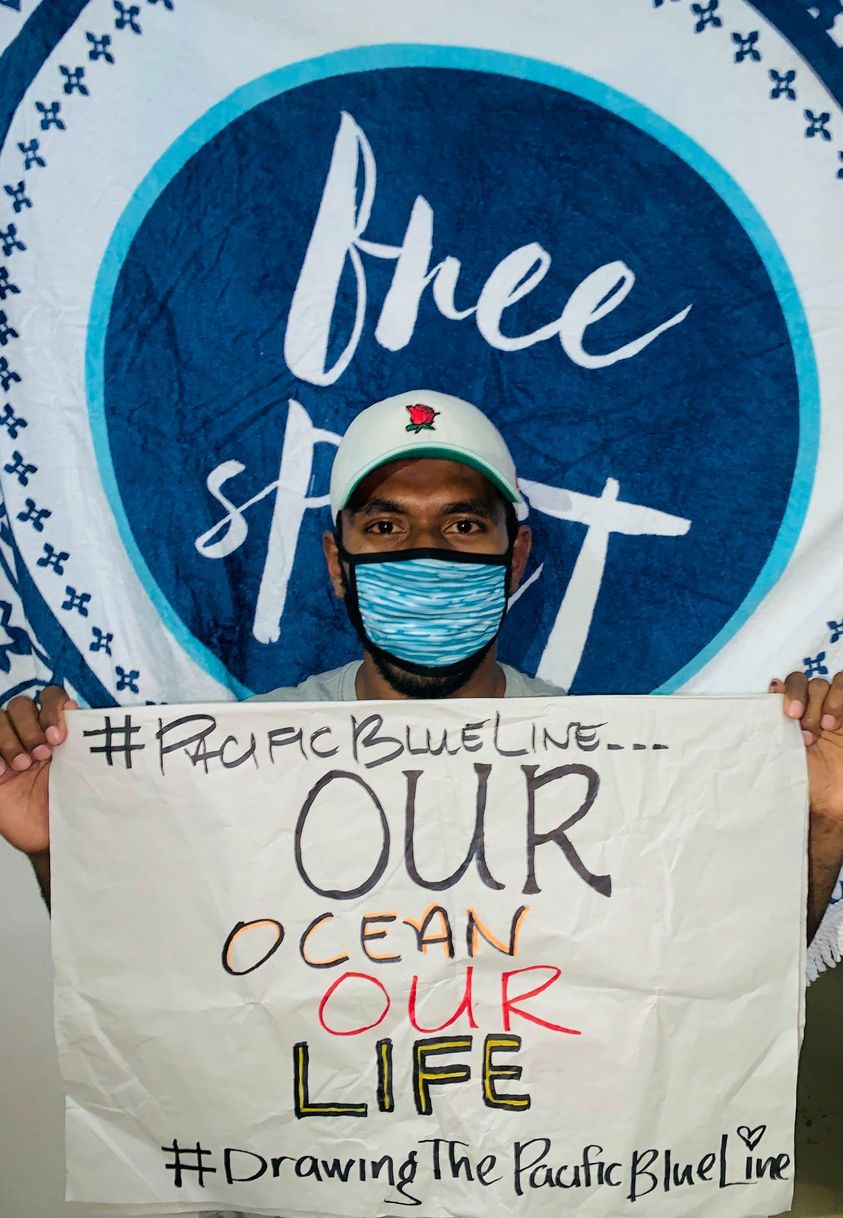By Netani Rika
With the COVID-19 Pandemic maintaining its crippling grip on the Pacific, legislators have struggled to find alternative sources of income to buoy national economies.
On the rocky outcrop of Nauru in the Central Pacific, the situation is dire.
The second nation in the region to gain independence, the once mineral-rich republic has fallen on hard times due to a lethal combination of extravagance, poor financial management and corruption.
In 1970, Nauru earned a staggering $AUD120million (US$88.4million) annually while spending $AUD30million. Each year it would . . .
Please Subscribe to view full content...
